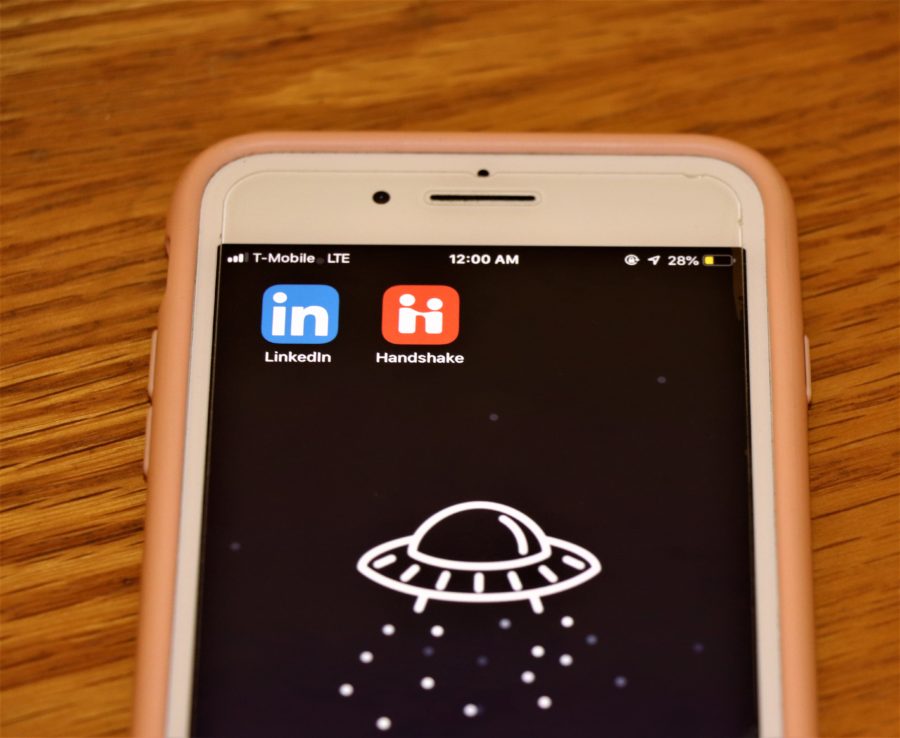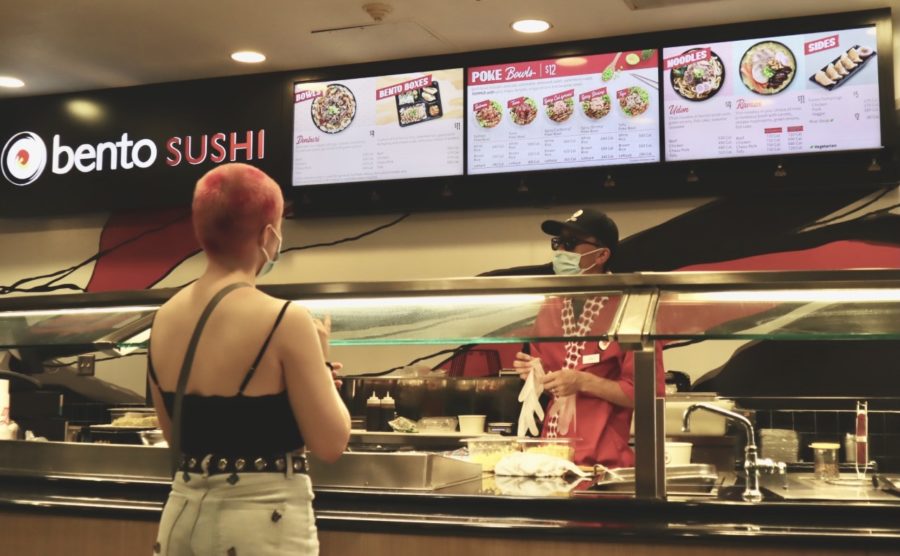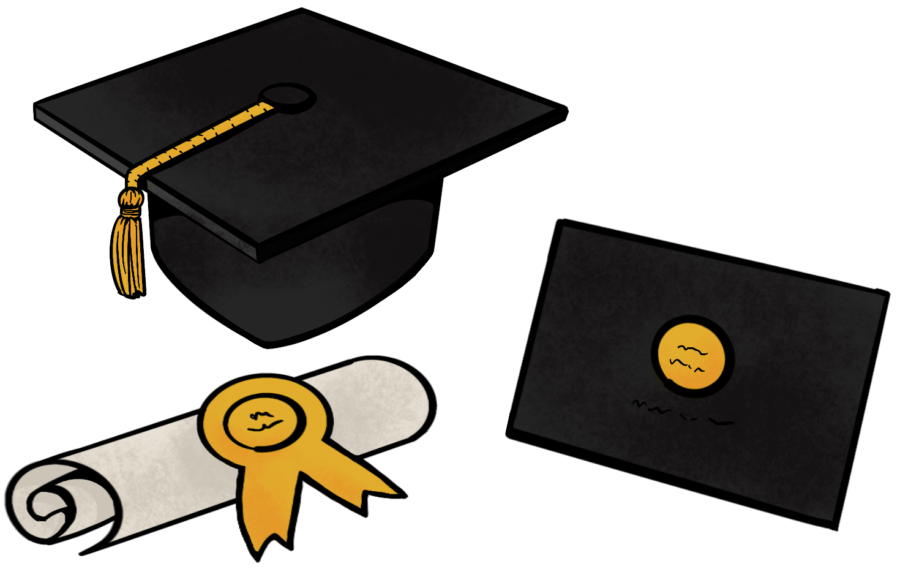As a senior, you are an old friend of the dreaded question. It hides behind every corner and every well-intentioned smile: “What do you plan to do after graduation?”
Answering this question is even worse when you consider the statistics, especially when so many students answer that they attend college to “get a better job.” For example, 53% of college graduates are unemployed or work in a job that does not require a college degree. On top of that, the average amount of time it takes for a graduate to secure employment is three to six months.
In college, there are many job resources at your disposal, but how useful are they? At Southern Miss, there is the trifecta of LinkedIn, Handshake and the Career Services office.
Websites LinkedIn and Handshake are both constantly updated with new job and internship positions, but rarely are the postings ever updated or removed if fulfilled. The sites resemble more of an archaeological dig than anything else. Regardless of the customizable search filters, it quickly becomes a chore to dig through it all.
Sometimes, though, there are forces outside of a student’s control, like previous obligations, that keep them from employment during their undergraduate years.
“While I never consider my family a ‘hinderance’ per say, having to stay equal parts here and at their house an hour away makes getting a job almost impossible,” senior elementary and special education major Brandi Bond said.
However, there are still potential solutions to that agonizing job search, such as utilizing Career Services on the Southern Miss campus. As described on the organization’s webpage, Career Services wants to help students “find their passion, get job ready, and make connections.”
The organization offers many different solutions to problems when it comes to job-seeking. There are aptitude tests, resumé reviews and even a secure internet connection for Skype job interviews.
Another possibility is to foster positive relationships with your professors. If professors are familiar with your work ethic and you as a person, they are more likely to suggest you for internships and job positions. While 20% of students acquire an internship through a friend, another half of students find jobs through staff on campus, according to a Gallup-Purdue survey. Informal networks are proven the most successful when finding jobs for college students.
However, informal networks may not always work, especially for lower-income students. When writing “Paying for the Party”, researchers Elizabeth A. Armstrong and Laura T. Hamilton discovered that those with affluent connections manage to find employment despite their low academic records. Students without money and a prestigious network struggle much more when trying to secure a job after graduation.
In summary, there are many factors involved when a college student tries to find a job: accessibility, preparation, and networks – or lack thereof. Really, job-searching requires more initiative and self-motivation. Everything culminates into what you know and who you know.
Career Services is located in McLemore Hall 125 on the Hattiesburg campus, and Hardy Hall 240 on the Gulf Park campus.






























